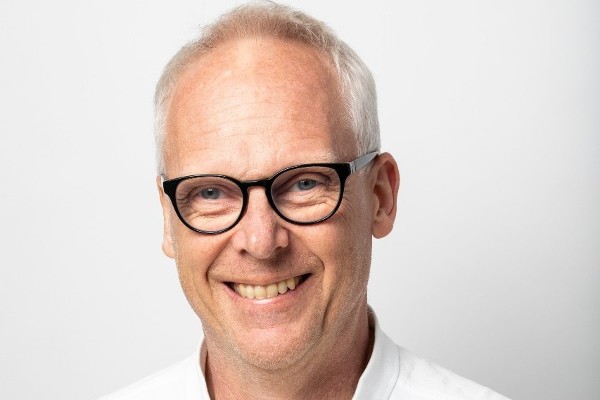
The use of Biophotonics for the diagnosis and treatment of cancer, one of the leading causes of death worldwide, can help to radically improve health outcomes for patients as it is a less invasive diagnostic and treatment method.
The PHAST (Photonics for Healthcare: multiscAle cancer diagnosiS and Therapy) cancer research project is a Marie Sklodowska-Curie-ETN (European Training Network) Action coordinated by the University of Parma and which includes IPIC (Irish Photonic Integration Centre) at Tyndall, UCC as a research partner.
PHAST is a research programme which will pursue a holistic approach by addressing both cancer diagnostics and therapy aiming at reaching a simultaneous “see-and-treat” push-strategy that makes PHAST novel with respect to current national and international clinical biophotonics research efforts, which usually address only one aspect of biophotonics. The opportunity of this innovative network is to involve industry at an early stage to drive research and innovation developments with the capability of combining diagnostic and therapeutic added value with robust and affordable technical developments.
The main scientific goal of the project is to develop multiscale advanced photonic technologies for cancer diagnosis in vitro and in vivo and the monitoring of therapy for personalized medicine, through its four specific objectives:
a) In-vitro diagnosis as point-of-care approach through optical spectroscopy combined with innovative sampling techniques.
b) Tissue diagnostics and functional monitoring by optical fibre-based biopsy and diffuse optical spectroscopy.
c) Microscale cancer monitoring by multimodal optical imaging of tumour borders during surgery.
d) Macroscale therapy monitoring by diffuse optical spectroscopy, multifunctional optical fibre sensors, autofluorescence, and hyperspectral imaging.
The multi-scale approach employed by PHAST will allow early cancer detection from molecular disease markers in body-liquids to live organs. For specific cases, these techniques will be validated in the clinic thanks to close international collaborations with renowned medical institutions.
.jpg)
Head of Biophotonics in IPIC,
Tyndall
Professor Stefan Andersson-Engels, Head of Biophotonics in IPIC commented that -
"The structured doctoral programme envisioned by PHAST, with its division and balance in training through both research and education together with other essential transferable skills, will assist greatly in the development of new highly skilled researchers as well as optimizising new technologies such as e.g. hyperspectral imaging in-vivo probing tools for breast cancer applications”.
Early stage researchers will be equipped with specialist training that will empower them as future research leaders. The researchers will be trained on all technologies through hands-on laboratory platforms, thematic workshops and courses to build solid careers as biophotonics professionals in both academic and non-academic sectors.
Such training will be possible thanks to the multidisciplinary environment created by the PHAST consortium. The consortium is composed of research institutions, two hospitals and eight industry partners, among them specialised small companies as well as global players in the field such as Horiba, Philips, Stryker and Zeiss.

European Programmes Manager in IPIC.
Tyndall.
Martin O’Connell, European Programmes Manager in IPIC, welcomed the award stating -
“In tandem with our 2025 strategy, we are looking forward to the successful execution of PHAST as it strongly aligns with our goals related to research excellence, international reach and people and culture”.
Consortium: Universita degli Studi di Parma (coordinator), University College Cork (Tyndall-IPIC), LEIBNIZ-IPHT, Polimi, ICFO, MUI, FSU Jena, ALU, FONDAZIONE LINKS, Horiba, Spectra Cure, Grintech, OSR and Polito. The project has received funding of 3.9M€ and runs from Sept 2020 and will continue until August 2024.
